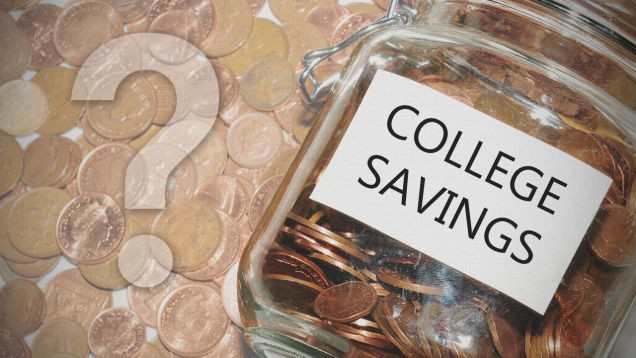5 Things You Should Look For In a Savings Account
Post on: 14 Июль, 2015 No Comment

Not All Savings Accounts Are Created Equally
Savings accounts are simple, but they are not all created equally. From fees to currency options, here are some things to consider when opening your own passbook account at a local bank. Bruce Ayres / Stone / Getty Images
Savings accounts are one of the oldest and most traditional financial products in the United States. It is often a rite of passage for a young boy or girl to be brought down to the bank by a parent or grandparent to open a passbook savings account with money received from chores, a first job, Christmas or birthday gifts, or an inheritance. For many people, the savings account is the very first introduction they have to the world of personal finance and money management.
It is that familiarity that often makes it easy to skip over savings accounts. It is a mistake to do that. You should be just as demanding about finding a product that fits your needs as you would when investing in an annuity or selecting a stock broker .
Here are five things you may want to think about when you open a savings account for yourself or a younger family member. At the very least, file them in the back of your mind and take a look at your own situation from time to time.
1. A Good Savings Account Should Have Few or No Fees
The purpose of a savings account is to keep your cash parked safely away until you need it. It’s the perfect option for your six-month emergency fund. Unfortunately, some banks try to treat these easy accounts like piggy banks, shaking their customers down for maintenance fees, withdrawal fees, activity fees, inactivity fees, monthly fees, analysis service charge fees, and almost any other type of creatively named excuse to take a portion of your cash away from you.
Don’t accept it. There are plenty of banks out there that are happy to have you as a client. They won’t abuse you. They won’t nickel and dime you. Consider transferring your savings accounts to one of these institutions, instead. Unless there is a compelling reason for remaining with a high cost bank — such as them providing your business with a very attractive loan package — just walk away.
2. A Good Savings Account Should Have No Withdrawal Limits
Some banks like to put restrictions on savings accounts, such as limiting withdrawals to four times a quarter or some comparable number. In fairness, there is a reason for this — if you are accessing your money that frequently, you should probably get a checking account. Nevertheless, it’s your money. A bank that puts in restrictions like this is probably going to have hidden provisions everywhere so keep looking. There are better savings accounts out there.
3. A Good Savings Account Should Be Backed By a Strong Bank
Up until the 2008-2013 period, it may have been easy to forget that banks do, in fact, fail. And when they fail, it can be ugly for depositors depending on the specific situation. There is absolutely no reason to put your money in a bank, or open a savings account with an institution, that doesn’t have a rock solid balance sheet. For much of the past decade, banks such as U.S. Bancorp, Wells Fargo & Company, Northern Trust, and BNY Mellon have boasted extremely strong Tier 1 capital ratios, the primary measure of strength in the banking industry. Ideally, I wouldn’t open a savings account with any bank that had a Tier 1 ratio of less than 10%.
4. A Good Savings Account Should Never Have a Balance In Excess of the FDIC Insurance Limits
In an article called Protecting Your Savings Accounts from Bank Failures . I broke down three ways you can help avoid significant losses from having money stashed in a bank that collapses. The simplest approach, and the one I’ll discuss here, is to always make sure that the total amount of money you have at an institution is covered fully by the FDIC insurance limits. Right now, it works out to approximately $250,000 per institution, but there are some ways you can get around that by titling your assets with certain beneficiaries. It goes beyond the scope of this article to discuss it but the FDIC itself has some good publications that are available online.
5. A Truly Spectacular Savings Account Will Allow You To Pick a Denominated Currency
For a certain subset of banking customers, there is one additional sign of a great savings account and that is the ability to select a base currency other than the United States dollar. One of the leaders in this field is EverBank. It will allow you to save and earn interest in the Australian dollar, Brazilian real, British pound, Canadian dollar, Chinese renminbi, Czech koruna, Danish krone, Euro, Hong Kong dollar, Hungarian forint, Indian rupee, Japanese yen, Mexican peso, New Zealand dollar, Norwegian krone, Polish zloty, Singapore dollar, South African rand, Swedish krona, and Swiss Franc. They don’t limit their customers to savings accounts, either. You could opt for a certificate of deposit or other financial instrument in any of those currencies, and still receive FDIC insurance. You can buy foreign bonds. They’ll even let you put them in an IRA for your retirement account if you think it is prudent.
Originally published on About.com on Sunday, March 31st, 2013 at 2:03 a.m. CST














